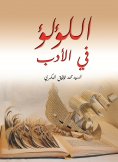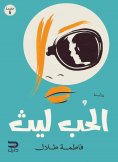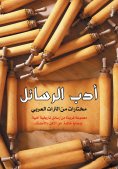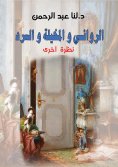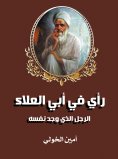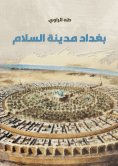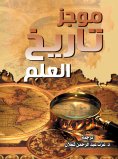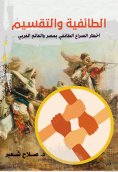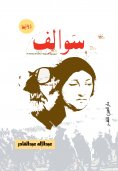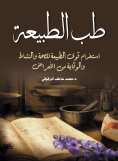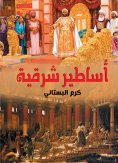Clash and harmony in the Egyptian press.. the other side of the moon
Über das eBook
Egypt knew the press as the Arab region knew it recently in the nineteenth century. Since that date, journalists and the founders of the first newspapers in the Middle East were expelled, their newspapers were closed, and some of them were killed by assassination, exile, or imprisonment, as in the case of the Syrian thinker Abd al-Rahman al-Kawakibi, who died in Cairo by being poisoned in a cup of coffee in the year 1902 AD after he lived criticizing the Sultan over a long career, writing at that time under the pseudonym (Muslim of Free Thoughts)...
Others discovered that there was good in reconciling with Satan, who was embodied in many forms: an occupying force, a military ruler, a state, or a president of the republic later. Muhammad Kurd chose to accept a financial grant from Jamal Pasha (the Butcher) that he offered to his Damascene newspaper, Al-Muqtasab, in exchange for softening the tone in criticizing the oppression to which the rest of the country was subjected. In Egypt, journalism arose from the dissonance of the educated mind with rule and social and religious traditions. Al-Tahtawi was the most eloquent of what was said at the time about journalists: (So-and-so is one of the most knowledgeable people, had he not been a journalist?!) The press in any country is part of its political life, and because this is understood, there is a scramble from the authorities to control newspapers. The idea of nationalizing the press in Egypt was only from this standpoint, as President Abdel Nasser transferred it from the ownership of its owners to the ownership of the state.
Produkt Details
Verlag: وكالة الصحافة العربية
Genre: Sprache - Sonstige
Sprache: ara
Umfang: 175 Seiten
Größe: 472,0 KB
ISBN: 9789779910765
Veröffentlichung: 13. Februar 2025



